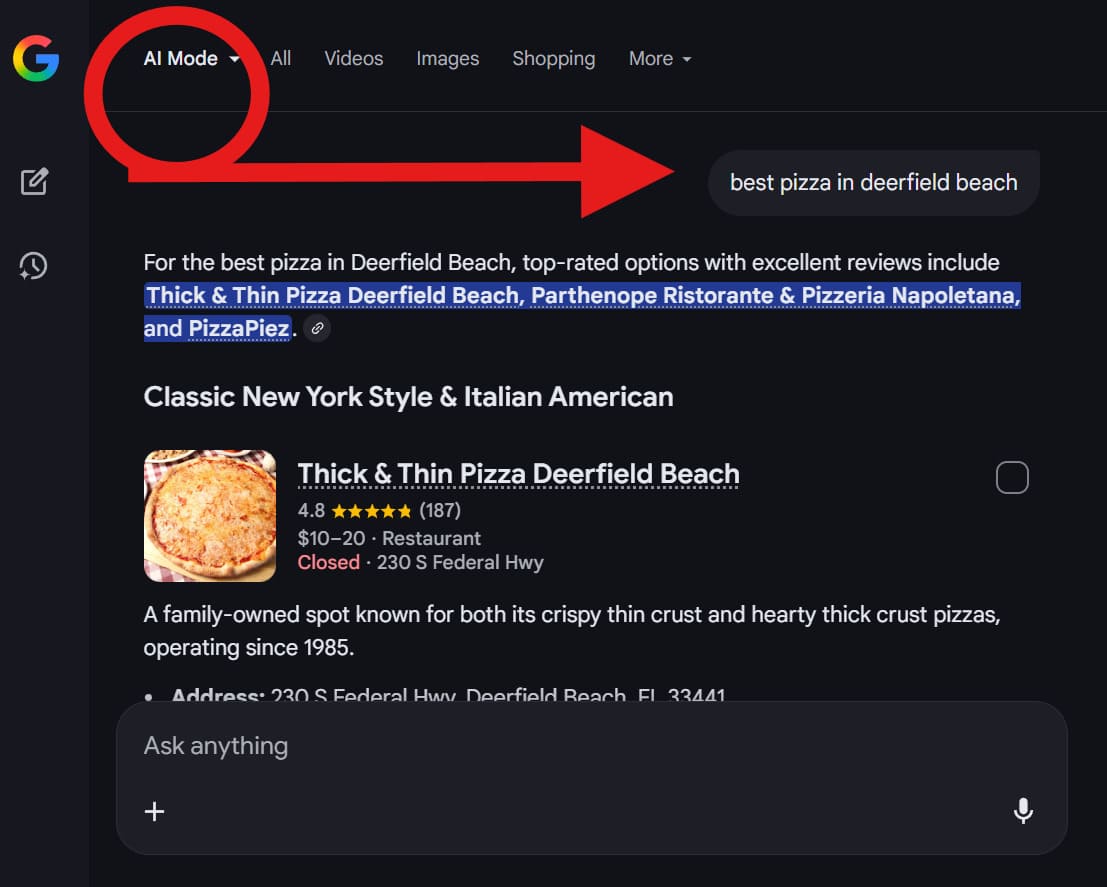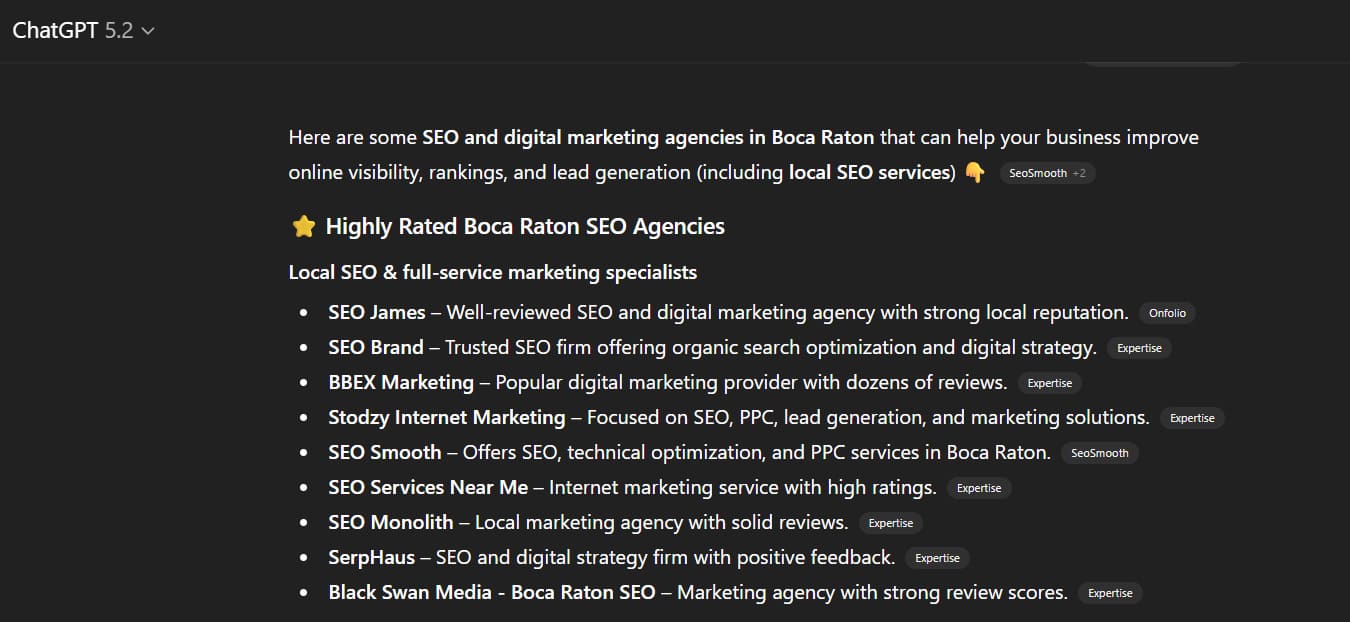Domain Authority (DA) is a metric developed by the SEO software company Moz to predict how well a website will rank on search engine results pages (SERPs). It is measured on a scale from 1 to 100, with higher scores indicating a greater likelihood of ranking well in search engine results.
Here are some key points about Domain Authority:
1 – Calculation
Domain Authority is calculated based on various factors, including the number and quality of backlinks pointing to a website, the relevance and authority of those linking domains, the overall link profile of the website, and other factors such as website age, size, and popularity.
2 – Relative Metric
Domain Authority is a relative metric, meaning it is best used for comparing the authority of different websites within a specific niche or industry rather than as an absolute measure of a website’s ranking potential. A higher DA score indicates a stronger and more authoritative website relative to other websites.
3 – Updates and Changes
Domain Authority is not a static metric and can fluctuate over time due to changes in the website’s backlink profile, algorithm updates, or changes in the competitive landscape. Moz updates Domain Authority scores periodically to reflect these changes.
4 – Predictive, not Causal
Domain Authority is a predictive metric and is not directly used by search engines like Google in their ranking algorithms. Instead, it serves as an indicator of a website’s potential to rank well based on its backlink profile and other factors. Improving Domain Authority does not guarantee higher rankings, but it can correlate with improved search engine visibility over time.
5 – Use in SEO
Domain Authority is commonly used by SEO professionals and webmasters to evaluate the strength and authority of websites, identify potential link-building opportunities, benchmark against competitors, and track progress in improving search engine rankings and visibility.
6 – Limitations
While Domain Authority can be a useful tool for SEO analysis, it has some limitations. It does not take into account factors such as content quality, user experience, or social signals, which are also important for search engine rankings. Additionally, it’s important to consider Domain Authority in conjunction with other metrics and factors when assessing a website’s overall SEO performance.
Overall, Domain Authority provides valuable insights into the authority and ranking potential of a website within its niche or industry. By understanding and leveraging Domain Authority effectively, website owners and SEO professionals can make informed decisions to improve their website’s search engine visibility and organic traffic.






